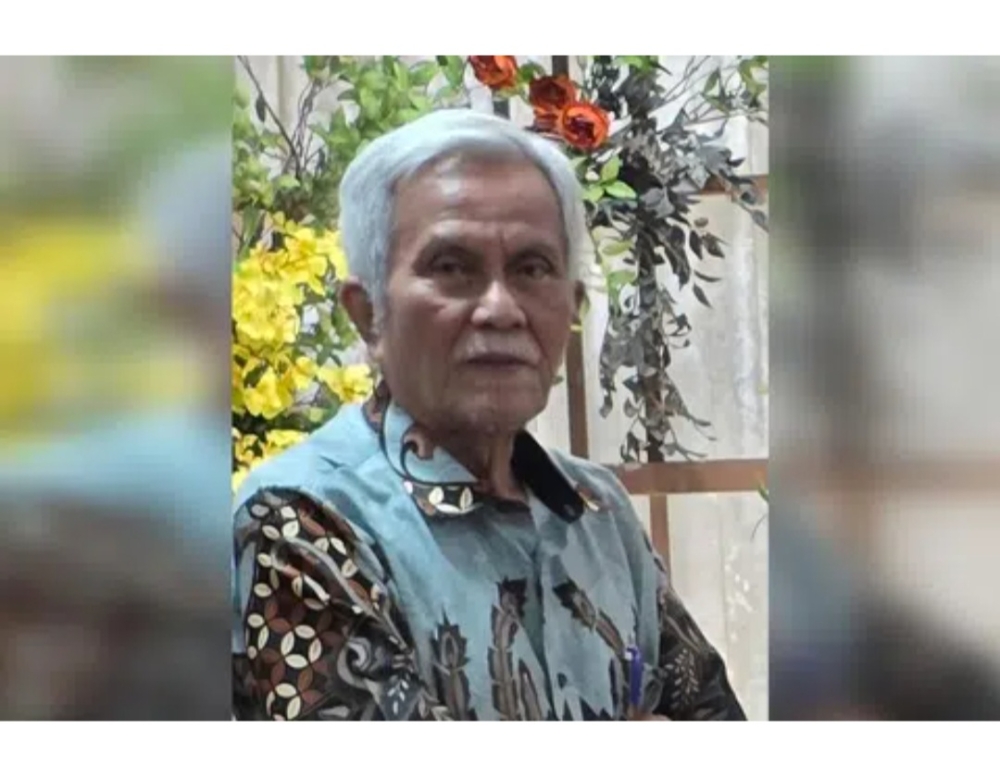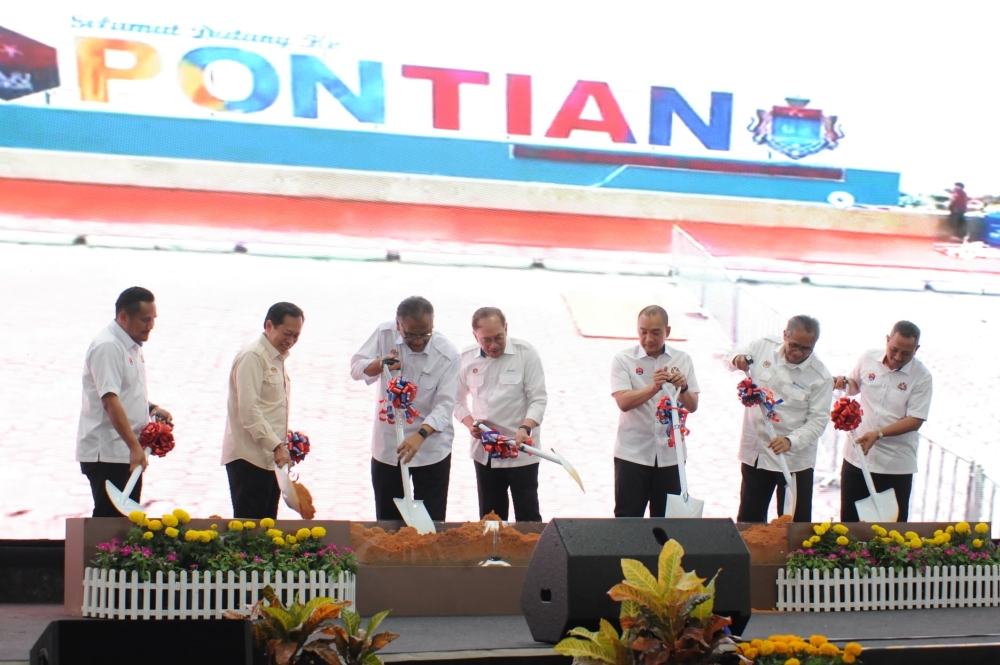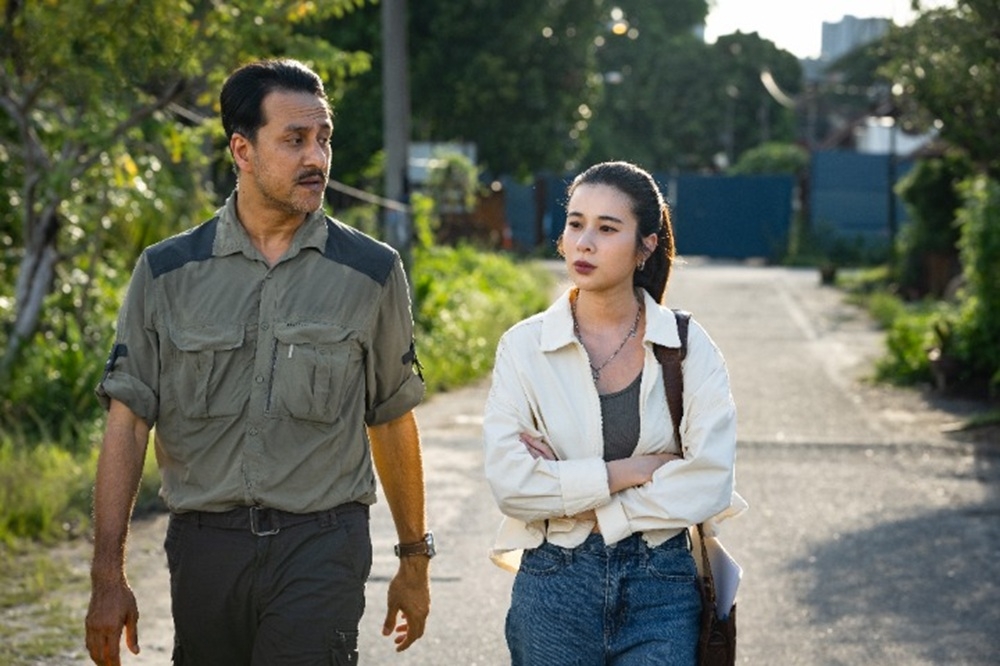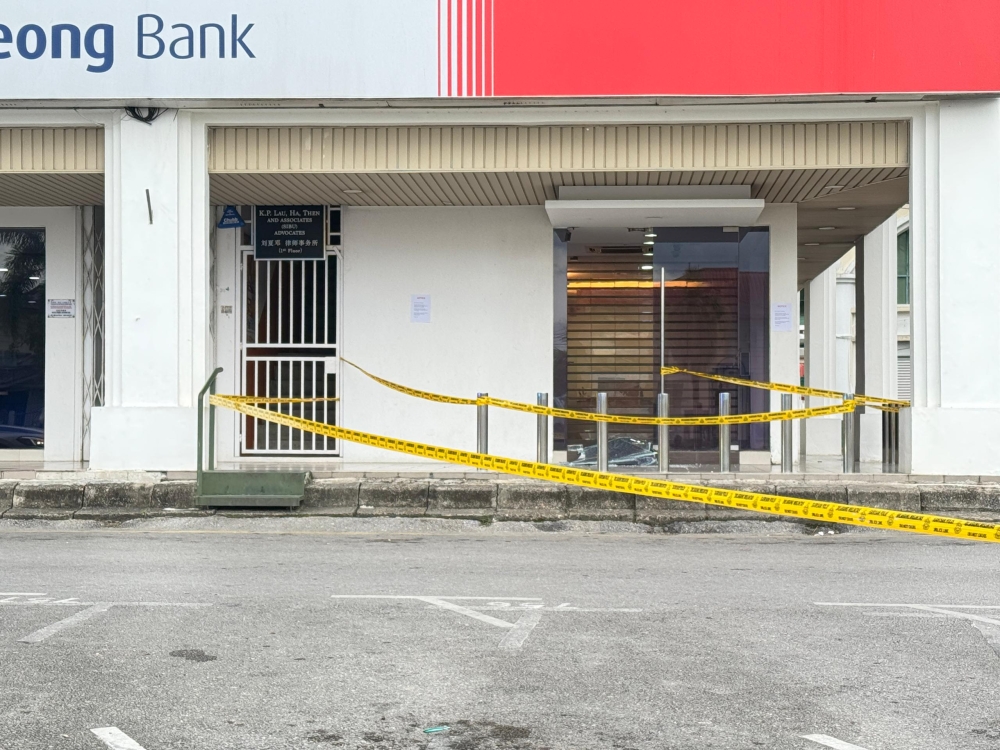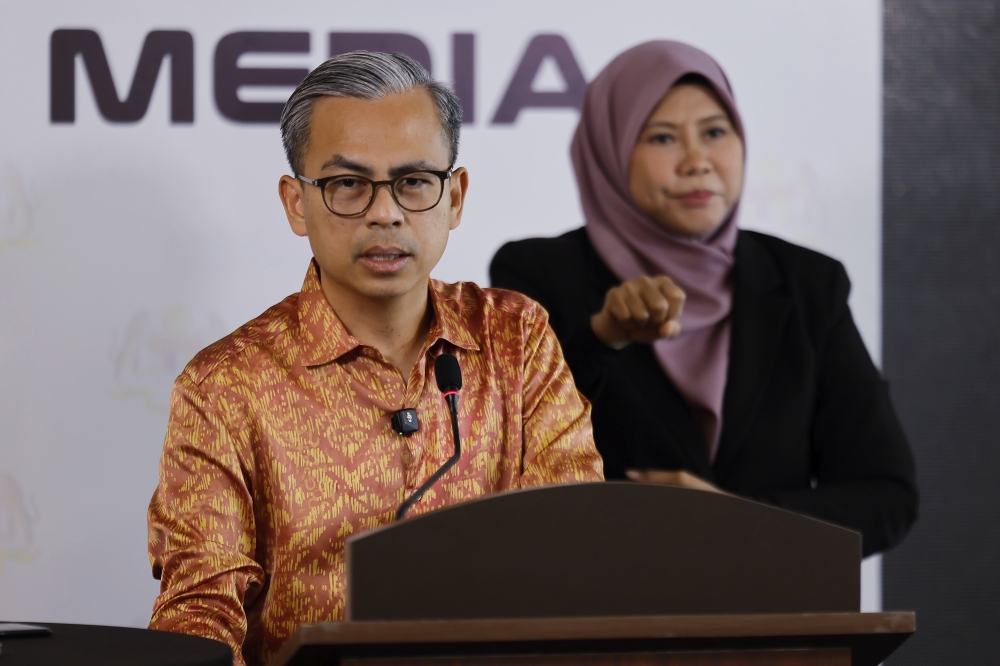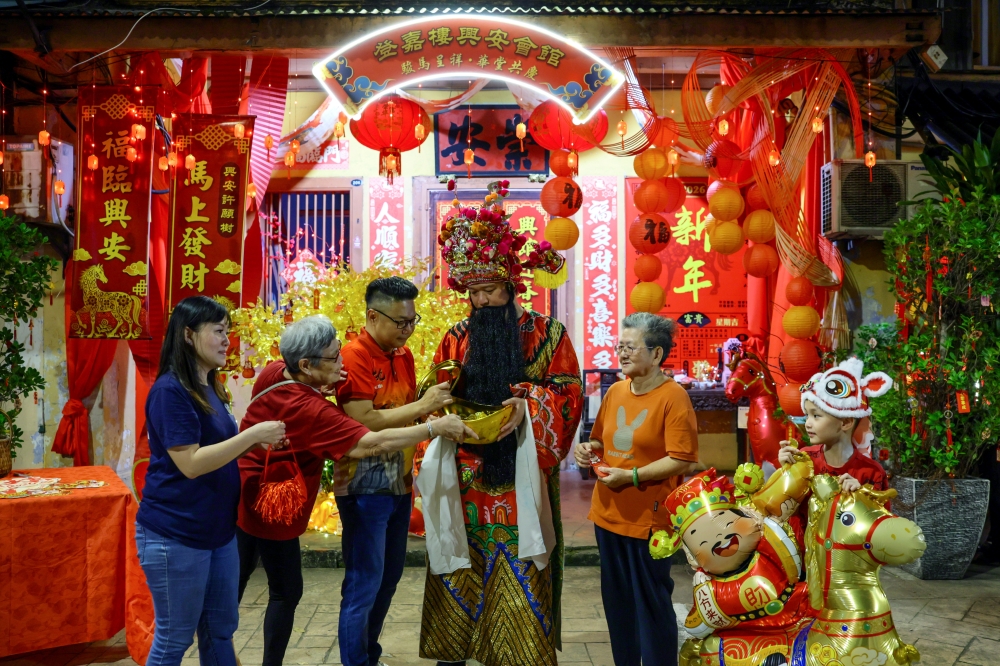KUALA LUMPUR, Nov 23 — The “spiritual camps” that Islamic authorities claim to have successfully addressed transgenderism were deceptively positioned as outreach programmes that turned out to be “rehabilitation” programmes, members of the community have revealed.
Saying they had initially relished the opportunity to explore their spirituality, the transgenders complained that the camps were instead a front for an “insidious” agenda to “reform” them instead of trying to understand the community.
A transgender who calls herself Melati said she had in May 2011 joined one such camp — called “mukhayyam” — held jointly by the Malaysian Religious Development Department (Jakim), Pahang religious authorities, and the Malaysian AIDS Council in Kuantan.
“They would subtly suggest for us to ‘return to our nature’,” Melati told Malay Mail Online in a recent interview, referring to the “ustaz”, or religious teachers in the camp that she said consisted mostly of health and religious talks.
The 30-year-old transwoman related that while communal prayer sessions were not made compulsory, they had to wear men’s attires while performing their daily prayers.
“For example, the ustaz would suggest for us to ‘leave our mak nyah world for a while’ when we are in prayers, by wearing men’s clothes when we face God … I didn’t know where to place myself. Why can’t I be myself when I pray?” asked Melati.
“Mak nyah” is a Malay term that the local transwomen community use to identify themselves.
The 30-odd participants also complained they were subjected to gruelling physical activities — cross-country trekking, climbing, crossing a lake, and running through mud — in the first day, which caught them by surprise and unsuitably dressed, resulting in minor injuries for some.
“But we had fun, because we never had a camp together before … It was fun for all the ‘mak nyahs’ to converge at one place and take some time off,” said Melati.
Afterwards, Melati joined another camp in Kuantan jointly held by Jakim and the Selangor Islamic Religious Council (Mais) in March 2014, but found out that the camp had strayed even further from its original objective as an outreach programme.
“They even changed the name to ‘islah mukhayyam’,” said Melati, using the Arabic phrase that roughly translates to “reform camp”.
The change in direction did not go unnoticed among the community, with word of mouth and personal experiences in the camps spreading through its private Facebook group, Malaysian Network of Transgenders (MyNetra).
By the time the camp’s latest iteration in Ulu Tiram, Johor was held in September this year, the number of participants had dwindled by more than half, to just 12 people from the expected 30.
“I heard a lot of ‘gossip’ about the camps. Some negative, some positive … I didn’t want to blame anybody without any proof, so I decided to take a glance myself,” said another transwoman called Elly, from Kota Tinggi, Johor, who joined the Ulu Tiram camp.
“I thought it would be in a resort. But when I arrived I had a culture shock … It was quite a new place, but situated in a remote area,” she said, describing it as resembling a National Service Training Programme (PLKN) camp.
Elly, 29, recounted that they were all housed in a dormitory that could fit 20 people with bunk beds, which she said shocked some transgenders who were more used to their own privacy.
Despite telling participants that the camp was meant to foster unity among the transgender community in Johor, Elly found out that a religious official had touted it as a preventive measure against lesbian, gay, bisexual and transgender (LGBT) sexualities instead.
“I am tired of their games … It was like they were manipulating us. They would say one thing in front of us, but another thing in front of others,” added Elly.
“When they heard that religious officers wanted to reach out to them, they felt it was a blessing. At least there’s someone who wanted to listen to us,” said Nisha Ayub, a transgender activist with the rights group Justice for Sisters (JFS).
“The sad thing is, we feel like we’re being manipulated,” Nisha said, pointing out that Jakim and most of the media portrayed the “corrective camps” to the public as a place for transgenders to “repent”.
While not new, the “spiritual camps” re-entered public attention when Jakim touted their success following a landmark court decision in favour of three transgenders who challenged an Islamic law that targeted the community.
The Court of Appeal ruled on November 7 that a Negri Sembilan Shariah law outlawing cross-dressing is inconsistent with the Federal Constitution, and failed to take into account medical evidences of Gender Identity Disorder (GID), or transgenderism.
In response, Jakim had invited the three transwomen to enter a spiritual rehabilitation programme that it claims has convinced some to leave their “deviant ways”.
The Federal Territories Islamic Religious Department (Jawi) also claimed later that nearly 2,000 from the LGBT community have been “cured” by its own programmes since 2005.
“JFS is not against any personal or religious matters … If these girls want to volunteer going to the camp, it is in their own capacity,” said Nisha.
“But JFS strongly believe that these girls with GID, their issue is not about religion but medical. These two should be not collide with each other.”
While admitting that some of the participants might have been “reformed” of their transgender lifestyle, Nisha suggested they might have done so to avoid the discrimination transgenders face when seeking employment, which often resulted in financial difficulties.
Nisha added that while transgenders can apply to a number of funds run by religious authorities, they all stipulate that transwomen applicants must present themselves as males instead of “posing as women”.
“There were one or two who have ‘moved on’ … But among the participants, maybe not all of them were transsexuals. There might also be transvestites, or cross-dressers,” Nisha suggested.
“Transvestite” is a term that refers to a person who cross-dresses in the garb of the opposite gender, and is considered derogatory to some transgenders.
Meanwhile, “transwomen” or “transgender women” are terms used to refer to those who were born male but associate themselves with the female identity; the condition is also unrelated to sexual preferences.
Nisha said she had even applied to Jakim, together with another JFS activist Sulastri Ariffin, to join the mukhayyam camps in order to personally experience Jakim’s approach.
“It had come to a point that we met Jakim officers in their office, saying that we wish to join the camps. I wanted to see with my own eyes.
“Alas… They know that we will tell the truth. They have never extended any invitations to us since,” added Nisha.
Muslim-majority Malaysia continues to reject the perceived rise in queer activities, which it deems to be an assault against Islam under the guise of growing calls for greater civil liberties.
The issue is compounded by the intermingling of politics and religion in a country where the latter has become a major platform from which to appeal for support.
Transgender activists estimated that there are around 60,000 Malaysians who identify as transgenders, with Malays making up 70 per cent of them.







